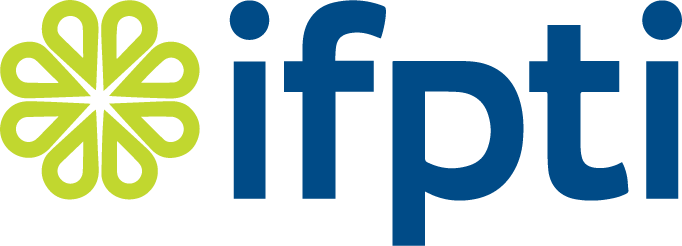Food Protection Professionals NCS
Basic Core
Integrated Food Safety System (IFSS)
Description: Introductory knowledge related to the concept of a national collaborative and cooperative network of federal, state, local, tribal, and territorial (SLTT) regulatory agencies working in concert to protect the U.S. human and animal food supply.
Competencies by Topic Area:
Click on a competency to expand details and to view all approved learning resources.


